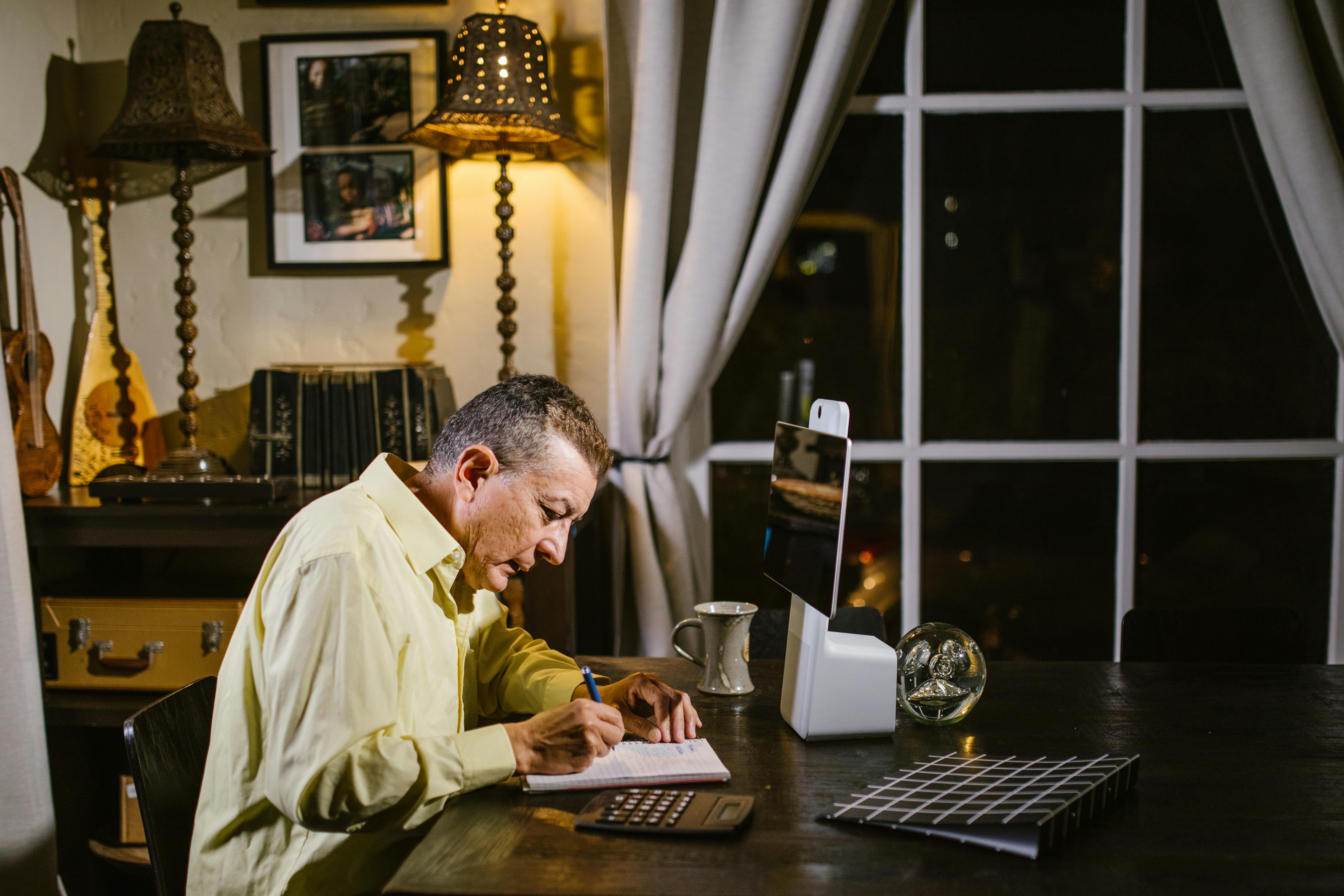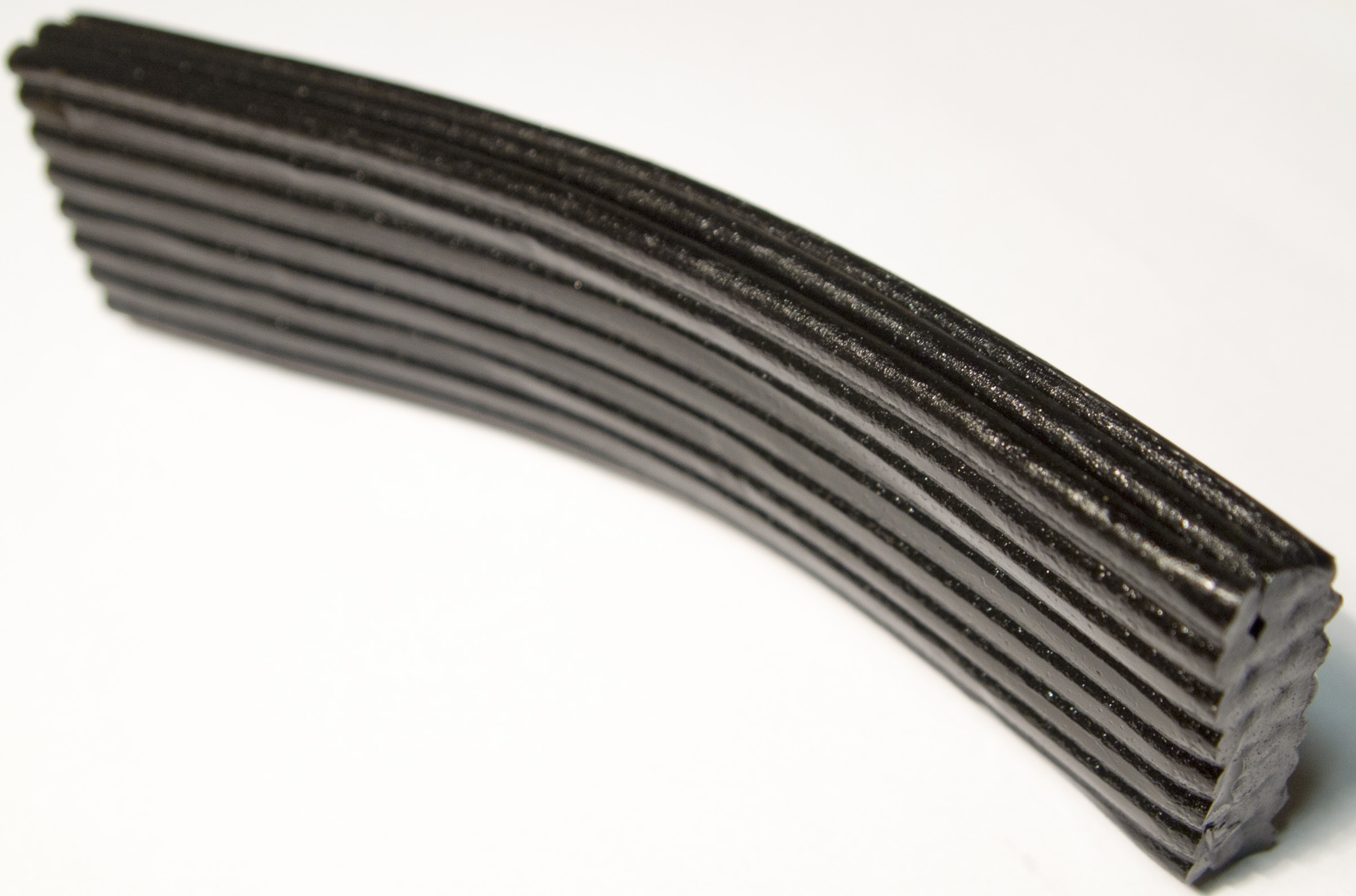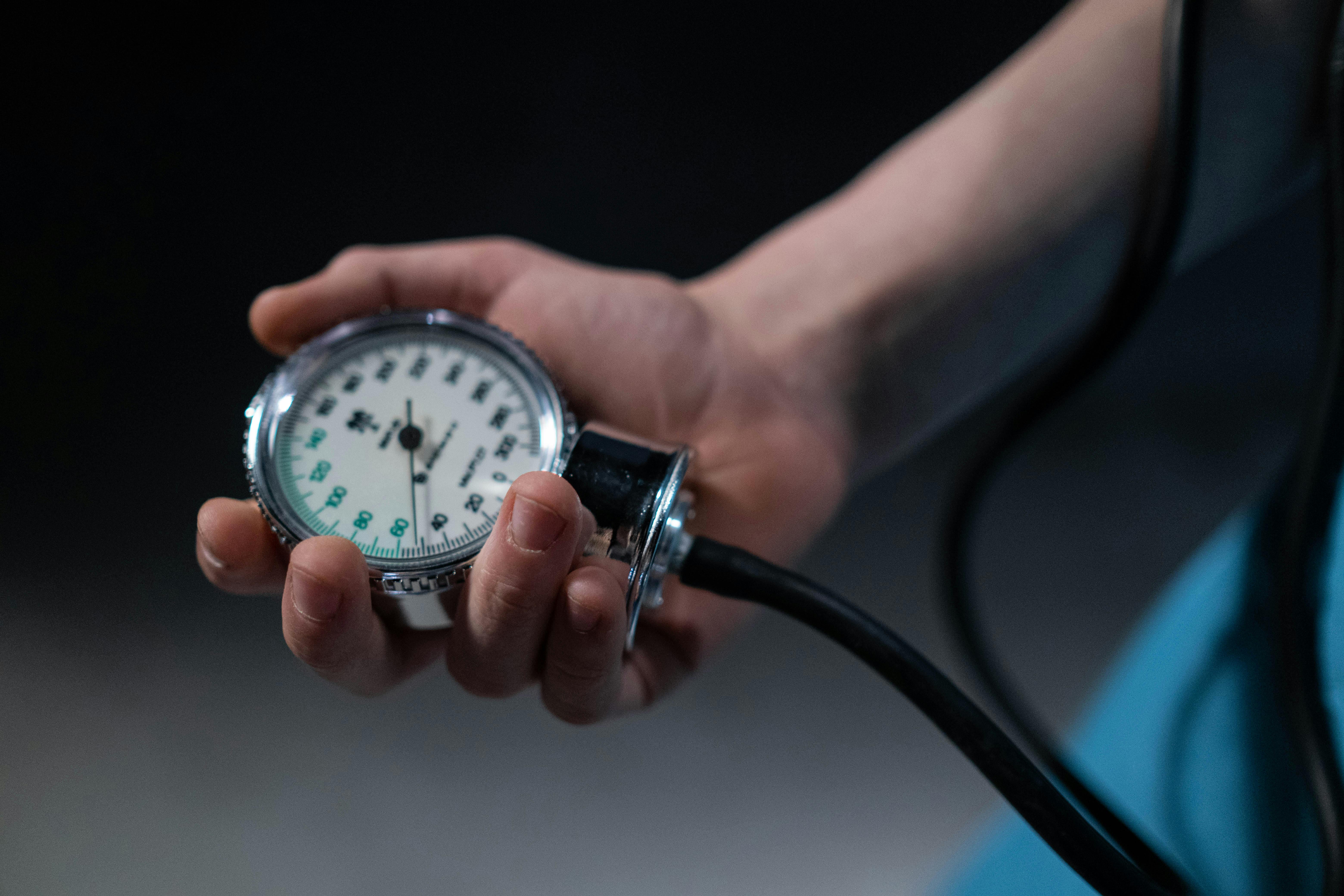Beyond Salt: 9 Hidden Lifestyle Triggers That Spike Your BP Overnight
You watch your salt intake. You try to do everything right. Yet sometimes, your blood pressure seems to take on a life of its own—especially overnight. If you’ve ever woken up to unexpectedly higher readings or felt frustrated by “mystery” BP spikes, you’re definitely not alone. While sodium grabs most of the headlines, it’s only one piece of your health puzzle. Blood pressure responds to a whole spectrum of everyday habits, many that fly completely under the radar until you notice a change. The good news: With a little gentle awareness and a dash of curiosity, surprising triggers can come to light—and they’re often more manageable than you think. As you explore the hidden influences behind overnight BP rises, you might discover subtle shifts that add up to powerful self-care. Here are nine lesser-known lifestyle factors that can send your BP climbing by morning, sometimes without you even realizing. Each one comes with down-to-earth tips and a reminder that small, compassionate changes are the true secret to steady, healthy blood pressure.
1. Poor Sleep Quality and Sleep Apnea

Restless nights don’t just leave you groggy—they can raise your blood pressure almost immediately. For many adults, interrupted sleep or undiagnosed sleep apnea are silent culprits behind overnight BP spikes. When breathing is disrupted or you wake up repeatedly, your body’s stress system quietly kicks in. This triggers the release of hormones that narrow your blood vessels and make your heart work harder—even while you sleep. Studies show people with untreated sleep apnea are much more likely to develop hypertension, and their morning readings often tell the story. If you frequently wake up tired, snore loudly, or notice headaches on waking, your nightly routine may be worth a gentle review. Prioritizing restful sleep—whether that means a calming bedtime ritual, limiting late caffeine, or talking to your doctor about sleep apnea—can work wonders for stabilizing blood pressure. Each small change toward better rest helps restore balance for both body and mind.
2. Dehydration: Not Drinking Enough Water

It’s easy to overlook water when the day gets busy, but dehydration is a sneaky blood pressure saboteur. When you’re even slightly dehydrated, your blood vessels can narrow, and your heart has to pump harder to circulate a smaller volume of fluid—leading to higher BP. Some people notice a spike if they forget to hydrate throughout the day or if they wake up parched. Since thirst isn’t always the best indicator, building habits like keeping a water glass by your bed or setting gentle reminders can help. Most adults need more fluids than they realize, especially if you’re active or in a dry environment. Listen to the subtle cues your body sends—like dry mouth or dark urine—and celebrate each sip as an act of self-kindness. Hydrating mindfully isn’t just about “getting your eight glasses”; it’s about consistently supporting your body’s natural equilibrium and giving your heart a break.
3. Late-Night Work Stress and Emails

Ever caught yourself firing off emails late into the evening or spinning through tomorrow’s to-do list before bed? Modern work life makes it all too easy for stress to sneak into the night, and your blood pressure feels it—sometimes straight away. When you stay in “go mode” after dark, your stress hormones rev up, causing temporary surges in blood pressure that can linger into morning. Over time, this pattern quietly takes a toll, making it harder to relax and find restful sleep. Setting gentle boundaries around evening work can make a real difference. Try logging off an hour before bed or swapping your screen for soothing music or light reading. This isn’t about striving for perfection—it’s about honoring the nighttime as a window for rest and renewal. Over time, even small adjustments add up, helping your mind unwind and your blood vessels relax before sunrise.
4. Skipping Breakfast and Erratic Eating Patterns

Not everyone wakes up hungry, but skipping breakfast or waiting long stretches between meals can set your blood pressure on a rollercoaster. When your body misses expected nutrition, it releases stress hormones and shifts metabolism—both of which can elevate BP, especially after fasting overnight. Even if your morning routine is hectic, a little consistent nourishment (think a banana, yogurt, or handful of nuts) can help steady your glucose and support smooth blood flow. Irregular eating can be a surprising source of body stress, so see breakfast not as a rigid rule but as a gentle form of self-care. Find what works for you and let meal moments become part of your blood pressure-friendly toolkit. Sometimes, the simplest breakfast can make the whole day feel a little more balanced.
5. Black Licorice and Hidden Glycyrrhizin

Black licorice might look like a nostalgic treat, but it comes with an uncommon warning for anyone watching their blood pressure. This candy contains glycyrrhizin—an active compound that encourages your body to hold onto sodium and lose potassium, a mix that can rapidly elevate BP. For some, just a small amount can cause overnight changes, often going unnoticed if you’re not looking for it. This caution doesn’t just apply to candy lovers: Some teas and herbal supplements contain similar ingredients. Make it a habit to check ingredient lists if you reach for licorice-flavored snacks or remedies. Enjoying these in moderation, or choosing alternatives, is a smart way to keep your body’s mineral balance in check. Knowledge is a gentle ally here—once you know what to look for, managing hidden triggers like glycyrrhizin gets a lot easier.
6. Over-the-Counter Medications and Supplements

The medicine cabinet holds more surprises for blood pressure than many realize. Some over-the-counter remedies—think decongestants, NSAIDs, or even certain energy drinks—can trigger sharp BP increases, often overnight. Ingredients such as pseudoephedrine or extra caffeine work by tightening blood vessels to reduce symptoms, but this effect can strain your circulatory system in the process. Even common pain relievers or herbal supplements may have side effects that sneak up on you. The empowering step? Get in the habit of reading labels carefully and asking your pharmacist or doctor if you’re unsure. Everyone’s response is different, so tracking how you feel the morning after new medications is a kind way to spot patterns early. Armed with this knowledge, you can advocate for your health with confidence, sidestepping surprises hiding in plain sight.
7. Prolonged Sitting and Physical Inactivity

It’s not just what you do in the gym—how much time you spend sitting matters, too. Extended periods of inactivity, like working at a desk for hours without moving, have a big impact on blood pressure, especially overnight. When your muscles stay still, blood can pool in your lower body, and your system must work harder to circulate it, sometimes spiking BP after long stretches of sitting. The solution doesn’t have to be complicated. Stand up every hour, stretch, or take a quick stroll—even a few minutes can nudge your blood vessels back into action. These gentle movement breaks signal safety and relaxation to your body, helping prevent sudden surges. Over time, consistency outweighs intensity; every bit of movement is a quiet act of self-care with real benefits for your heart.
8. Evening Alcohol Intake

A nightcap may sound relaxing, but alcohol—especially when enjoyed close to bedtime—can have unpredictable effects on blood pressure. Drinking in the evening relaxes some systems but can disturb the delicate balance regulating BP while you sleep. For some, this means higher readings in the morning, even after just a glass or two. Your body works hard to process alcohol overnight, briefly raising heart rate and constricting blood vessels. You don’t have to give up social habits entirely; mindful timing and moderation are your allies. Bringing awareness to when and how much you drink can have a calming ripple effect on sleep and morning health. Your approach is your own, and every gentle adjustment is worth celebrating.
9. Environmental Stressors: Noise and Temperature Swings

Believe it or not, the environment where you sleep can quietly influence your blood pressure. Loud, sudden noises—like sirens or heavy traffic—or sharp changes in temperature send stress signals, activating your body’s “fight or flight” response. This system is built for protection, but when triggered overnight, it leads to temporary BP surges. If you find yourself startled awake or tossing blankets on and off, your surroundings may be working against steady rest. Simple tweaks like using a white noise machine, choosing breathable bedding, or controlling room temperature can help create a cocoon of calm. Not every stressor can be eliminated, but tuning your sleep setting for consistency and comfort is a powerful, self-loving step toward BP stability.
Gentle Awareness: The First Step to Stable Blood Pressure

Managing blood pressure isn’t just about watching salt—it's about bringing curiosity and self-kindness to every corner of daily life. As you’ve seen, many overnight BP triggers are hiding in plain sight, woven into familiar routines and comfort zones. The empowering part? Each one offers a gentle invitation for small, meaningful change. Maybe you start by listening more closely to your sleep rhythms, carrying a water bottle to work, or creating a favorite breakfast ritual. Progress doesn’t hinge on getting everything right at once or chasing perfection. Instead, it thrives in quiet moments of discovery, honest reflection, and the simple act of caring for yourself. Honor your journey, trust your growing wisdom, and remember: every thoughtful step you take ripples out in support of a more balanced, vibrant life. And that’s something worth waking up for—every single day.
